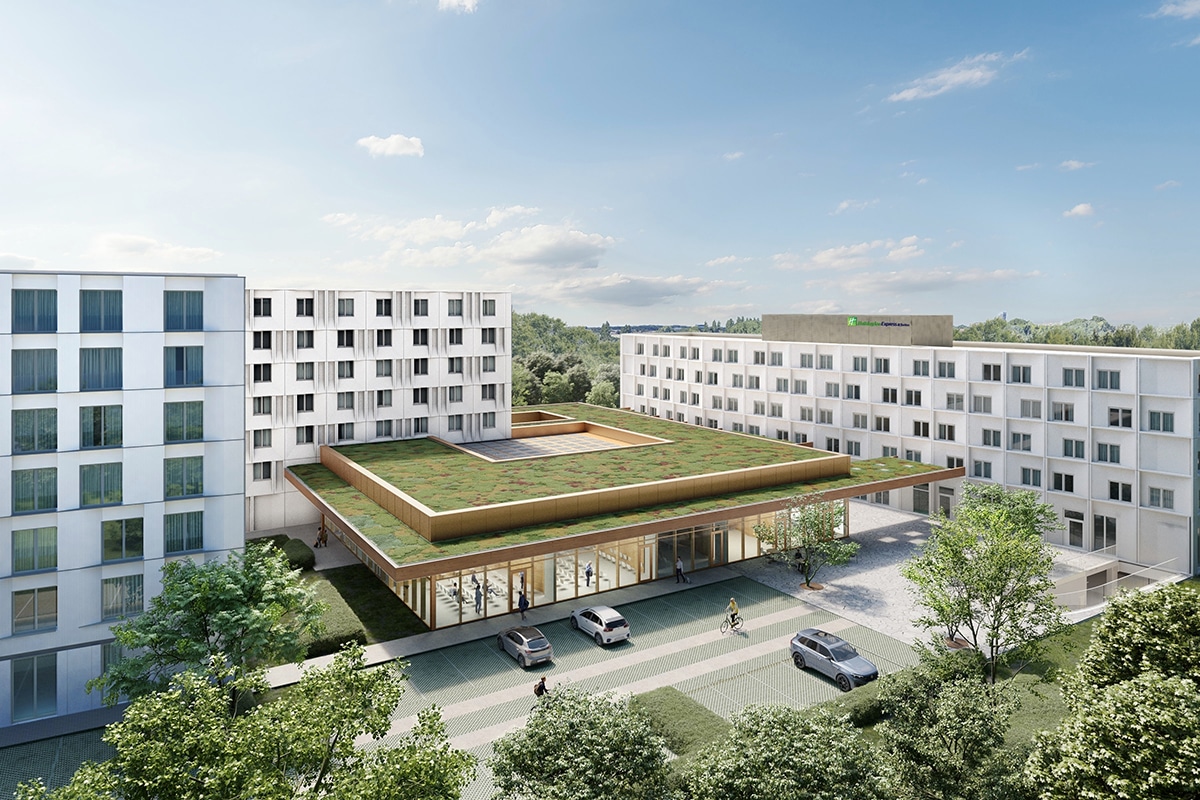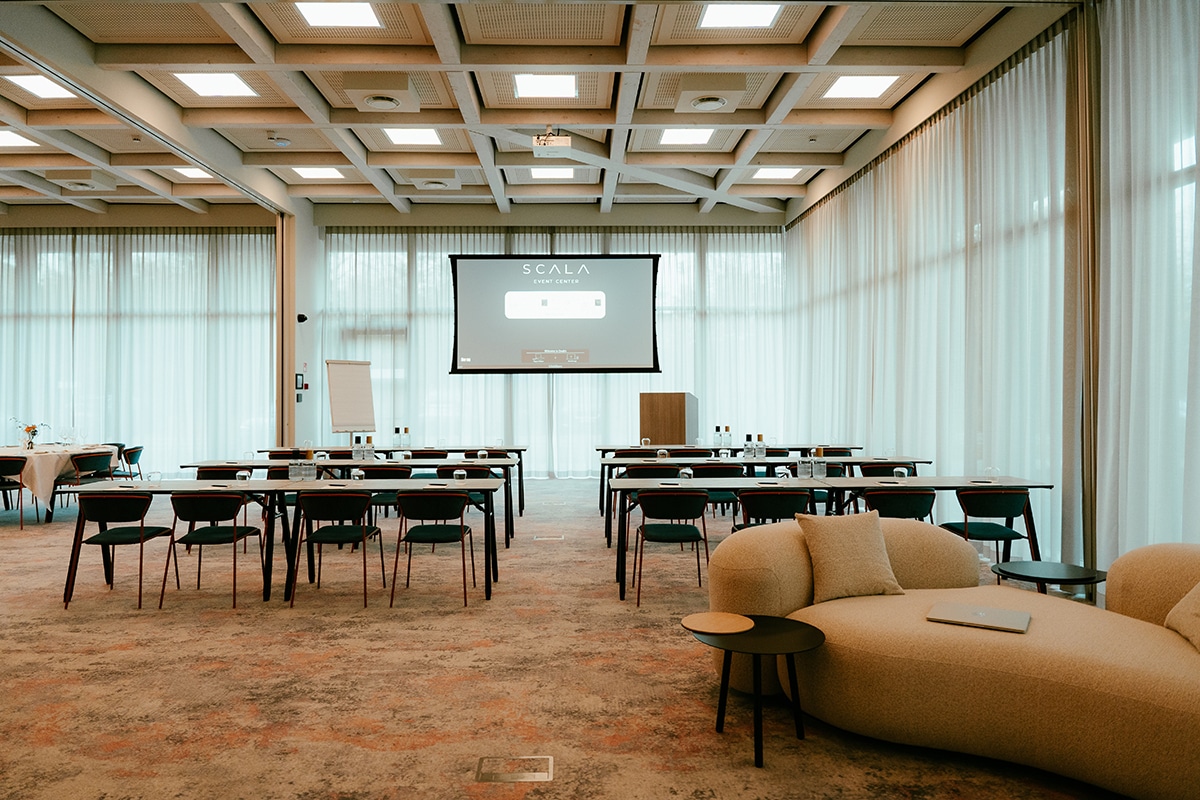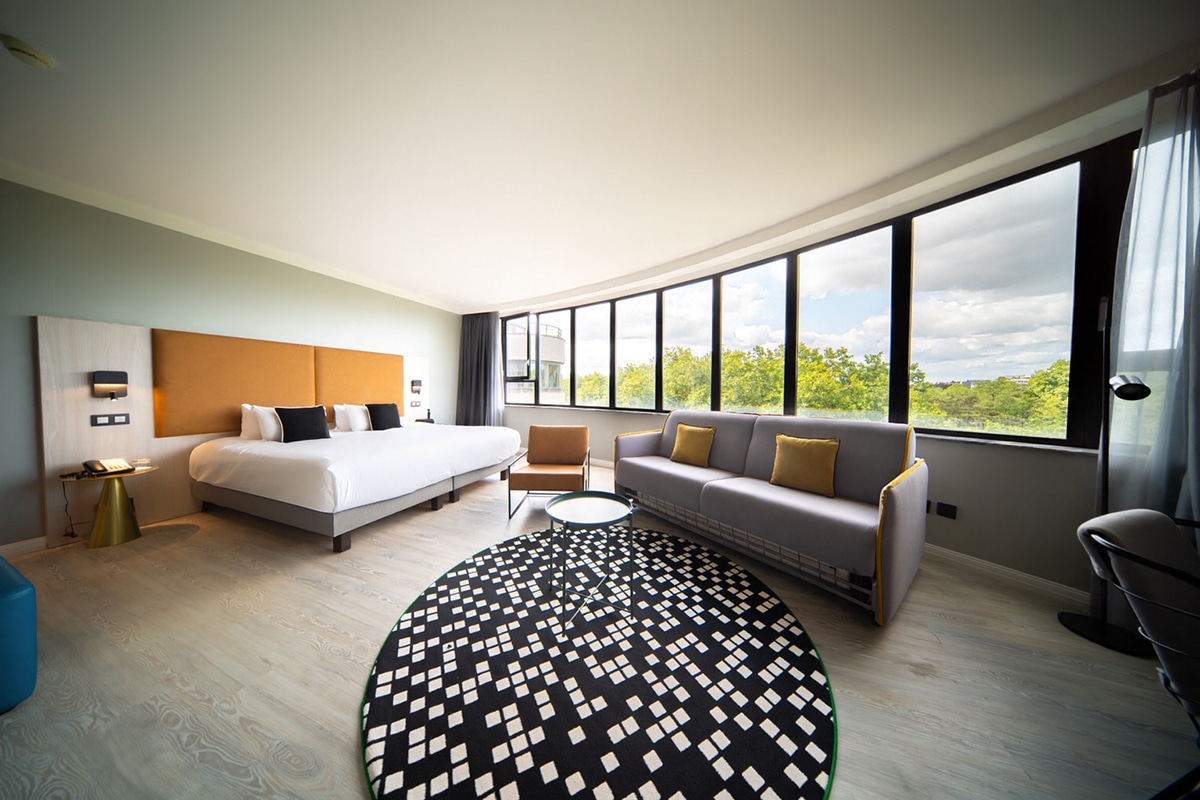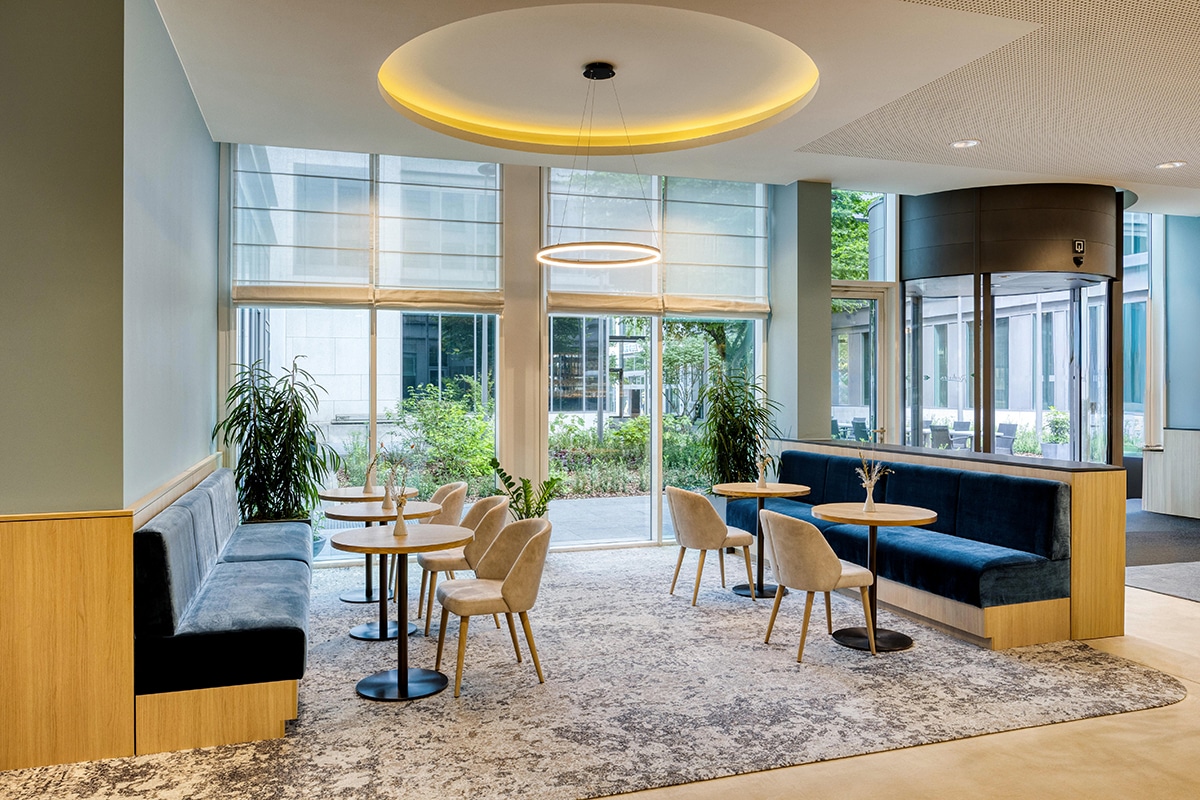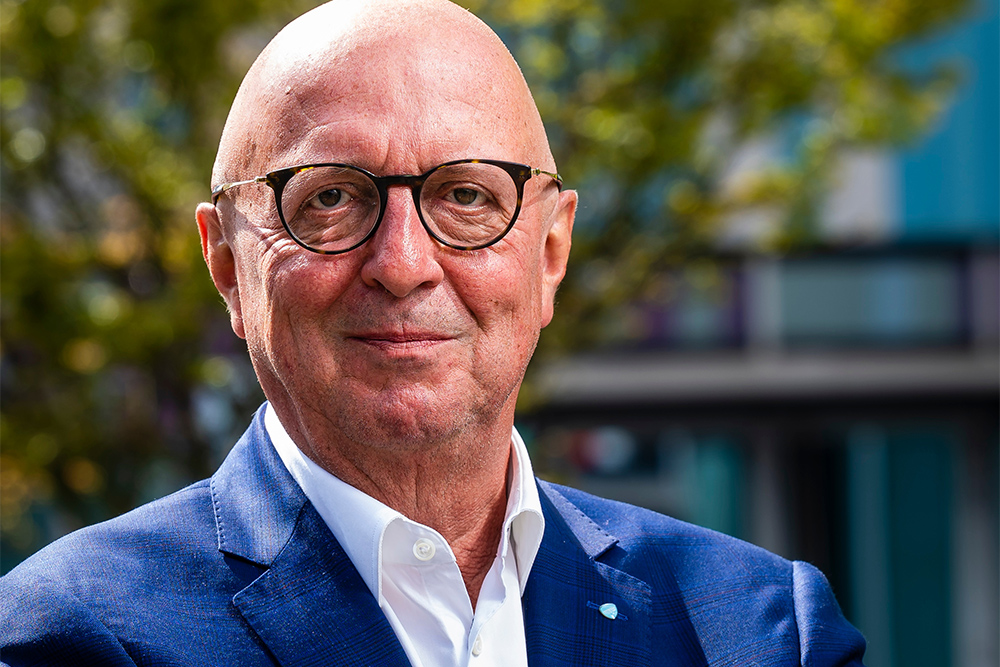
Hospitality veteran speaks: the future of hospitality
Ludo Geurden is still a real hospitality beast. The sympathetic Genken native is chairman of Horeca Vlaanderen, chairman of the Tourism Flanders Advisory Board, member of the board of directors of Toerisme Limburg and is part of the hotel committee organised bi-monthly under the banner of Horeca Vlaanderen. Moreover, he represents both Flanders, Brussels and Wallonia before Hotrec, the European umbrella organisation for the advocacy of the hospitality sector.
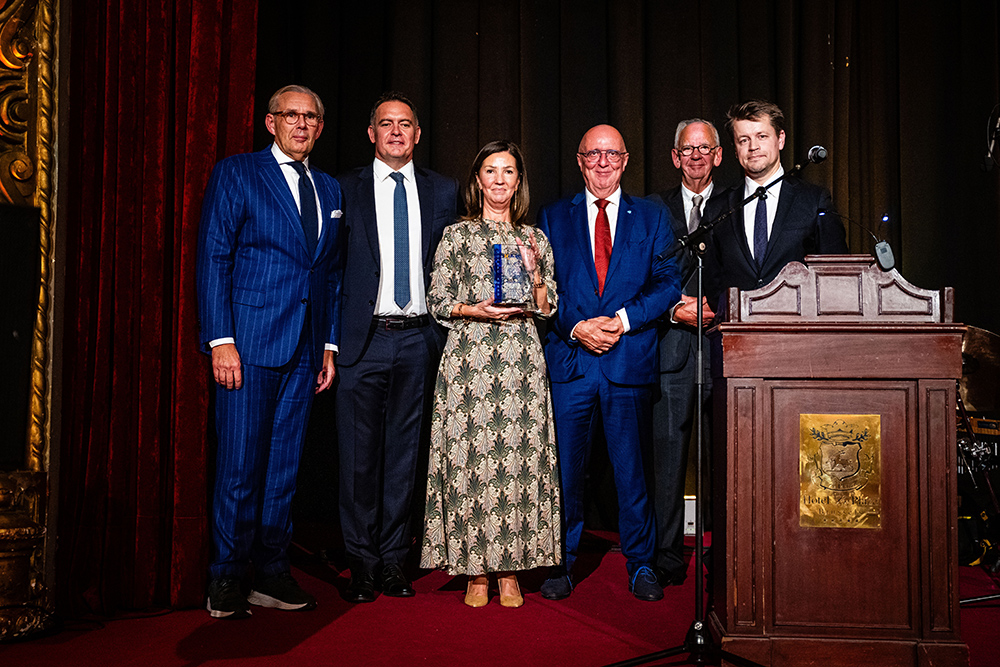
"In 1985, I made the switch from the beer to the hotel sector," Ludo interjects. "I started working at Accor Group, where I first managed the Sofitel in Diegem-Zaventem with 125 rooms and various facilities. Apparently I didn't do badly and so I was also put in charge of the Sofitel in The Hague. My reputation in the industry was growing. So when Accor made its debut with a Mercure hotel in Belgium, located in Evere, they didn't have to look long for a general manager who could lead the project from the early stages. In addition, I was entrusted with managing a hotel near Leidseplein in Amsterdam. With Mercure growing, they then asked me to be in charge of northern Germany. So I built up a lot of experience in the noble hotel sector in a relatively short period of time."
From beer to hospitality - bis
"But you can guess, after some wandering, including again in the beer sector, I wanted to run my own hotel one day," the ambitious manager continued. "My brother Peter, also active in the hotel industry, brought the Mardaga hotel in Ashes to my attention. After some deliberation, at 48, I took the plunge. At the time, the Mardaga enjoyed a reputation as a former star restaurant, but had lost some of its luster. We started renovating from the ground up. The hotel and restaurant soon flourished, with the restaurant achieving a score of 14/20 in Gault&Millau. During the week we welcomed many business people and on weekends we attracted cyclists and hikers. Filmmaker Jan Verheyen even rented the hotel for a month to shoot his film 'Colleagues 2.0'. Sentower Horse Centre was a loyal customer, as was Princess Latifa of Dubai, who booked the entire hotel for her staff and bodyguards, and even for her dogs' nanny."
"As I approached 60, I started thinking about how long I wanted to continue. Customers and entrepreneurs Giuliano Bruno, Jos Haumont and Luc Didden, who regularly visited, were already showing interest in taking over the hotel. We finally tied the knot and in March 2021, amid the corona crisis, the sale took place. We still visit the hotel from time to time and are happy to see that it is running excellently."
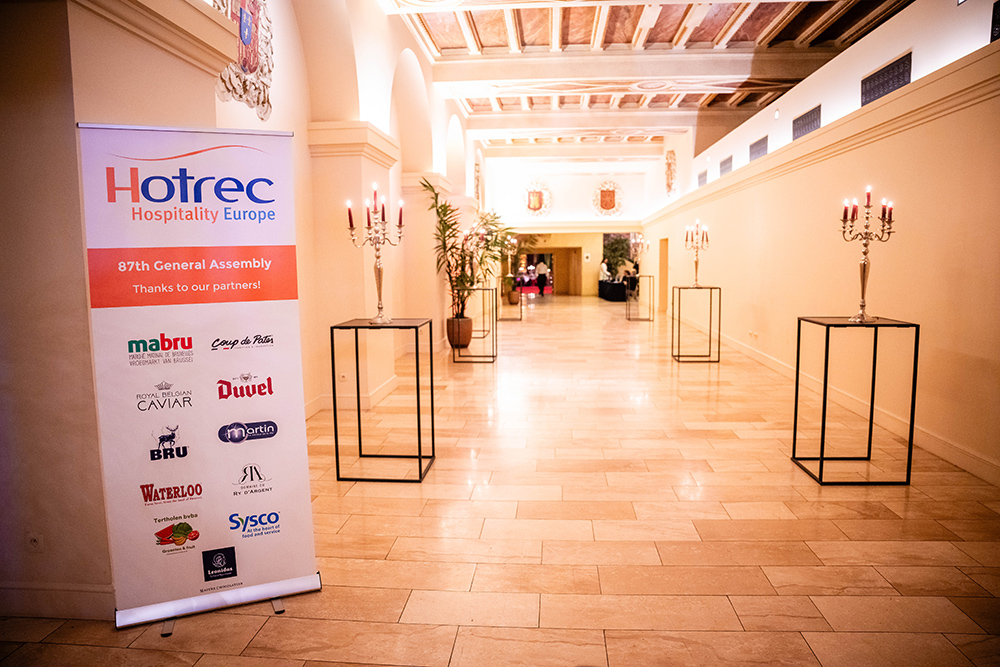
The battle for profitability
"Needless to say, the entire hotel sector is crawling out of a serious slump. Slowly, though. In the Hotel Commission, we hear the first cautious sounds of optimism. Brussels, Antwerp, Bruges, ... are flourishing again and speak of nice occupancy rates. What is coming under serious pressure, however, are the margins. The average room price suffers considerably from competition. In addition, staff costs rose by eleven to twelve per cent. And commodity prices - for breakfasts, for instance - went up by 25 per cent."
"Belgium is certainly not alone in this. Via Hotrec, we learned that these phenomena are happening worldwide. We meanwhile got the Greek Minister of Tourism to agree to organise a congress, where just about everyone from the hospitality sector, aircraft and cruise companies, ... will come together to see how best to tackle this situation. In the short and long term. Because price elasticity also has its limits. What you have to pay to eat something or stay somewhere these days is swinging out of control. Especially for the businessman. Usually these are short stays, you go for something to eat, sleep somewhere and leave the next morning. That cannot and should not cost many hundreds of euros either."
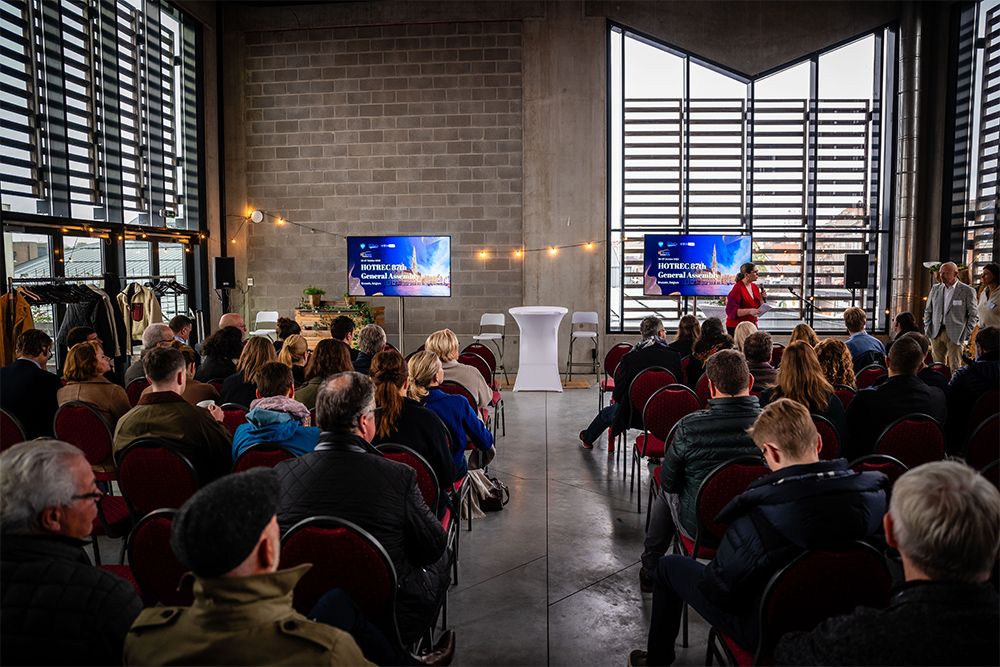
Innovation hospitality
"I believe in partial automation of the hotel industry. It must be about 15 years ago when I tested Vincent Goemare of Stardekk's Cubilis software in Limburg. You could then suddenly synchronise all your booking channels at the push of a button. That spread like wildfire and before you knew it, Vincent was offering his software all over Europe. So I do believe in automation. Partly. Because I learned recently that you already have cameras that automatically measure the state of mind of your hotel guests. We should perhaps not overdo it in that. Hospitality will always have a human side. The personal contact, the gut feeling, a handshake, ... is peculiar to the industry. No robot can replace that."
"The hotel industry is a lot further ahead than the rest of the hospitality industry in terms of professionalism, I think. When I was still in hotel management school, you had a front office manager, a room division manager, ... Now you also have a revenue manager, who deals with the price policy of the hotels. Surely these are all positive signs, I think, and indicate far-reaching professionalisation of the sector."
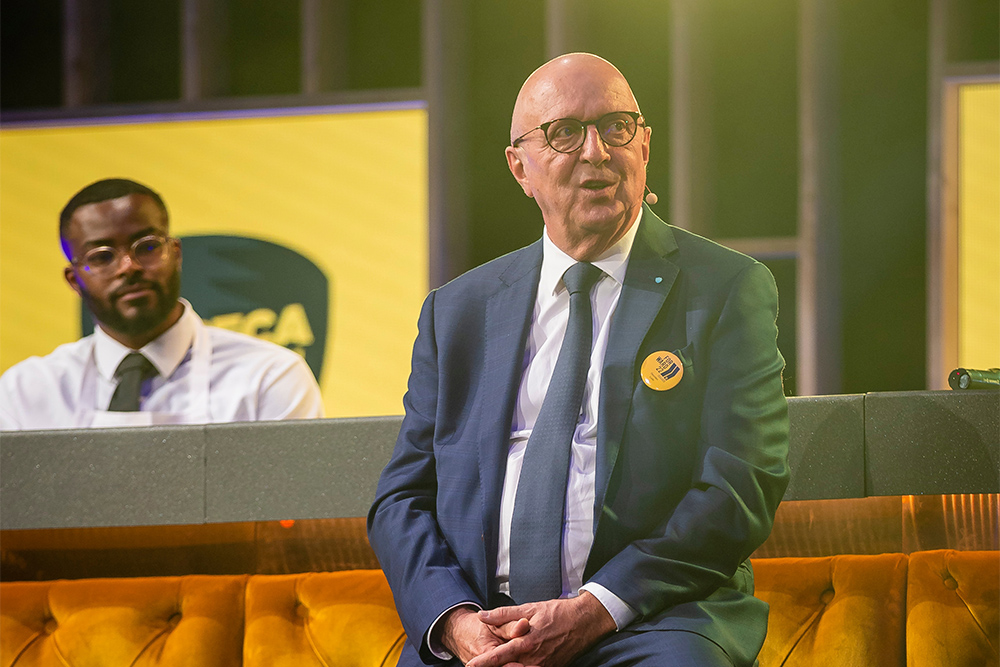
The role of hotel management schools
"Perhaps in certain cities, some thought should be given to a hotel stop and/or limit. Look, you have x number of rooms, but they have to be filled on 365 days. If you have 150 days in a year where they are not, sooner or later you run into problems. In Flanders there is a nice mix though, from simple guest rooms to the five-star venues like La Butte aux Bois, the Botanic, ... That way you cater to everyone and that's always good in the long run."
"Maybe we should also think about an orderly congress centre in Flanders, for international fairs, meetings, ... For example, we recently visited Bilbao. That used to be heavy industry. Due to economic circumstances, they had to rethink that city at some point. Now there is a wealth of greenery, conferences, museums, hotels, tourism, ... You saw the same movement in Copenhagen too. And so you can learn something from any country or city to implement here."
"In terms of hotels, it will be fine, you know. Do you know where I can tell? The hotel management schools. They do really good work. I regularly give a workshop in Bruges, at VIVES College, to second-year hotel management students. And these are still very motivated young people, you know. You used to have a single school, now almost every big city has a location where future hotel managers take their place at the school desks. So the future of the sector is in good shape."
